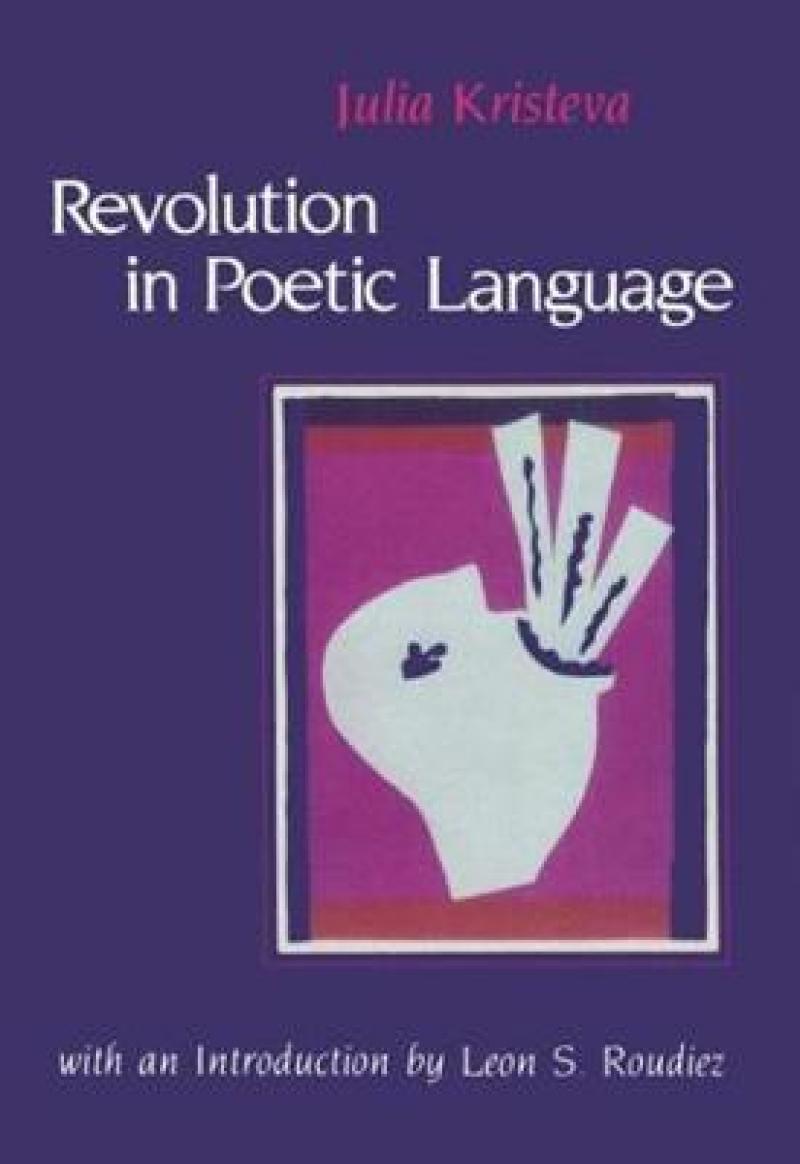The linking of psychosomatic to literary and literary to a larger political horizon raises the question of conservative premises to linguistic, pyschoanalystic, philisophical, and literary theories and criticisms of such.
Les mer
Translator's Preface Introduction, by Leon S. Roudiez Prolegomenon Part 1. The Semiotic and the symbolic 1. The Phenomenological Subject of Enunciation 2. The Semiotic Chora Ordering the Drives 3. Husserl's Hyletic Meaning: A Natural Thesis 4. Hjelmslev's Presupposed Meaning 5. The Thetic: Rupture and/or Boundary 6. The Mirror and Castration Positing the Subject as Absent from the Signifier 7. Frege's Notion of Signification: Enunciation and Denotation 8. Breaching the Thetic: Mimesis 9. The Unstable Symbolic. Substitutions in the Symbolic: Fetishism 10. The Signifying Process 11. Poetry That is Not a Form of Murder 12. Genotext and Phenotext 13. Four Signifying Practices Part 2. Negativity: Rejection 1. The Fourth "Term" of the Dialectic 2. Independent and Subjugated "Force" in Hegel 3. Negativity as Transversal to Thetic Judgment 4. "Kinesis," "Cura," "Desire" 5. Humanitarian Desire 6. Non-Contradiction Neutral Peace 7. Freud's Notion of Expulsion Rejection Part 3. Heterogeneity 1. The Dichotomy and Heteronomy of Drives 2. Facilitation, Stasis, and the Thetic Moment 3. The Homological Economy of the Representamen 4. Through the Principle of Language 5. Skepticism and Nihilism in Hegel and in the Text Part 4. Practice 1. Experience Is Not Practice 2. The Atomistic Subject of Practice in Marxism 3. Calling Back Rupture within Practice - Experience-in-Practice 4. The Text as Practice, Distinct from Transference Discourse 5. The Second Overturning of the Dialectic after Political Economy, Aesthetics 6. Madoror and Poems, Laughter as Practice 7. The Expenditure of a Logical Conclusion: Igitur Notes Index
Les mer
The linking of psychosomatic to literary and literary to a larger political horizon raises the question of conservative premises to linguistic, pyschoanalystic, philisophical, and literary theories and criticisms of such.
Les mer
Produktdetaljer
ISBN
9780231056434
Publisert
1985-01-21
Utgiver
Vendor
Columbia University Press
Høyde
221 mm
Bredde
147 mm
Aldersnivå
P, 06
Språk
Product language
Engelsk
Format
Product format
Heftet
Antall sider
271
Forfatter
Oversetter
Foreword by
Introduction by
